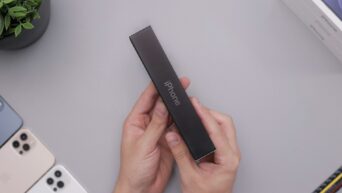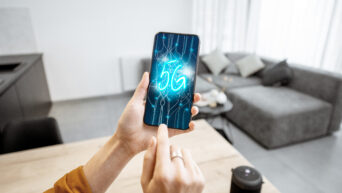
Credit: Techspot
Who needs headphones when the music’s in your head?
Back in 2016, Tesla and SpaceX’s eccentric inventor Elon Musk founded Neuralink, a tech startup intended to research and design, in his own words, “ultra-high bandwidth brain-machine interfaces.” He didn’t mean better mouses and keyboards, though, he was talking full-on chips-in-brains interfaces. While such a thing would normally lie exclusively in the realm of science fiction, small steps toward progress have been made since the startup’s founding. Neuralink has developed remarkably thin, flexible fibers that can be (allegedly) connected to a human brain to interpret activity. Details have been scarce, aside from a statement Musk made last year about developing mind-reading technology, which is… interesting, but recently, something a little more practical came to Musk’s mind, relatively speaking.
On his private Twitter, Musk recently sent out a public call for any tech buffs who have worked with mobile technology to come work for him at Neuralink. One of the responses to this tweet came from computer scientist Austin Howard, who asked Musk if implanting a Neuralink chip would allow someone to stream music. Musk’s response? A flat “yes.”
Yes
— Elon Musk (@elonmusk) July 19, 2020
Now, there’s a good chance that Howard, Musk, or both of them were just joking, but considering you can play video games on a Tesla dashboard, such a feature probably wouldn’t be too far outside of Musk’s plans. According to Musk’s statements about Neuralink chips in the past, their primary function would be seamless interaction with electronics, though they’d also be able to cure addiction and depression by interfacing directly with those particular parts of the brain. This is, of course, very much theoretical, but if they could get it working the way Musk wants, we could simultaneously achieve a new symbiosis with our electronics and no longer have to worry about waxy ear buds.
































